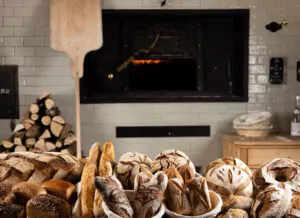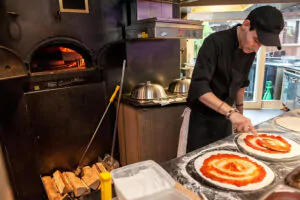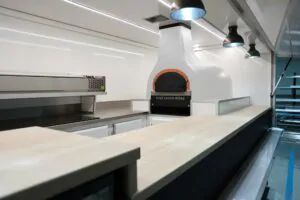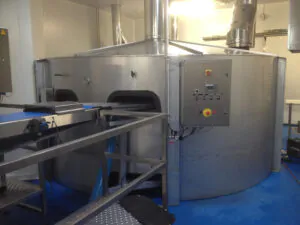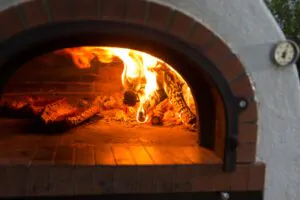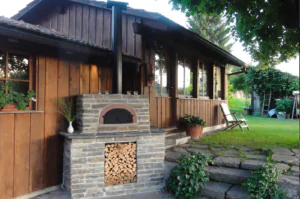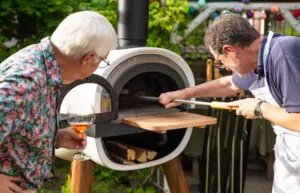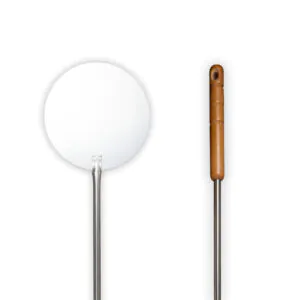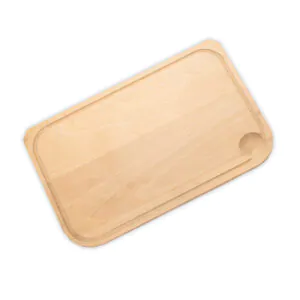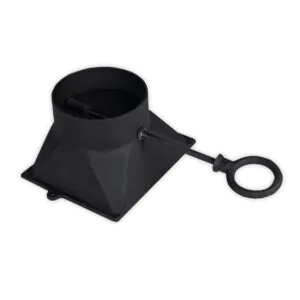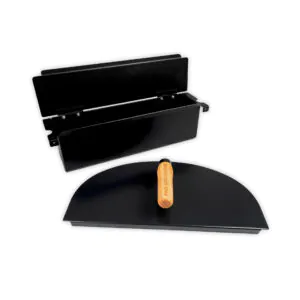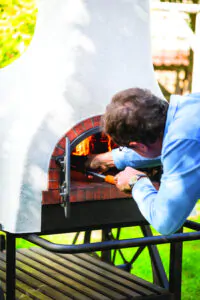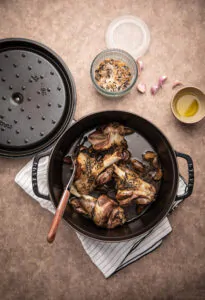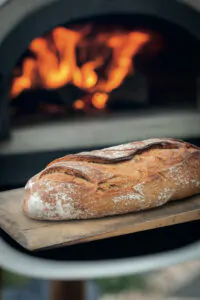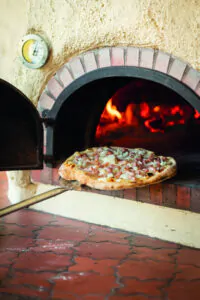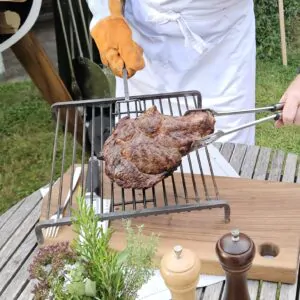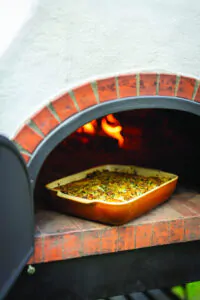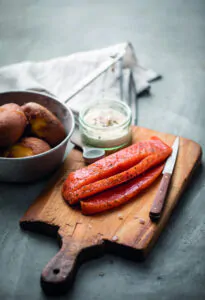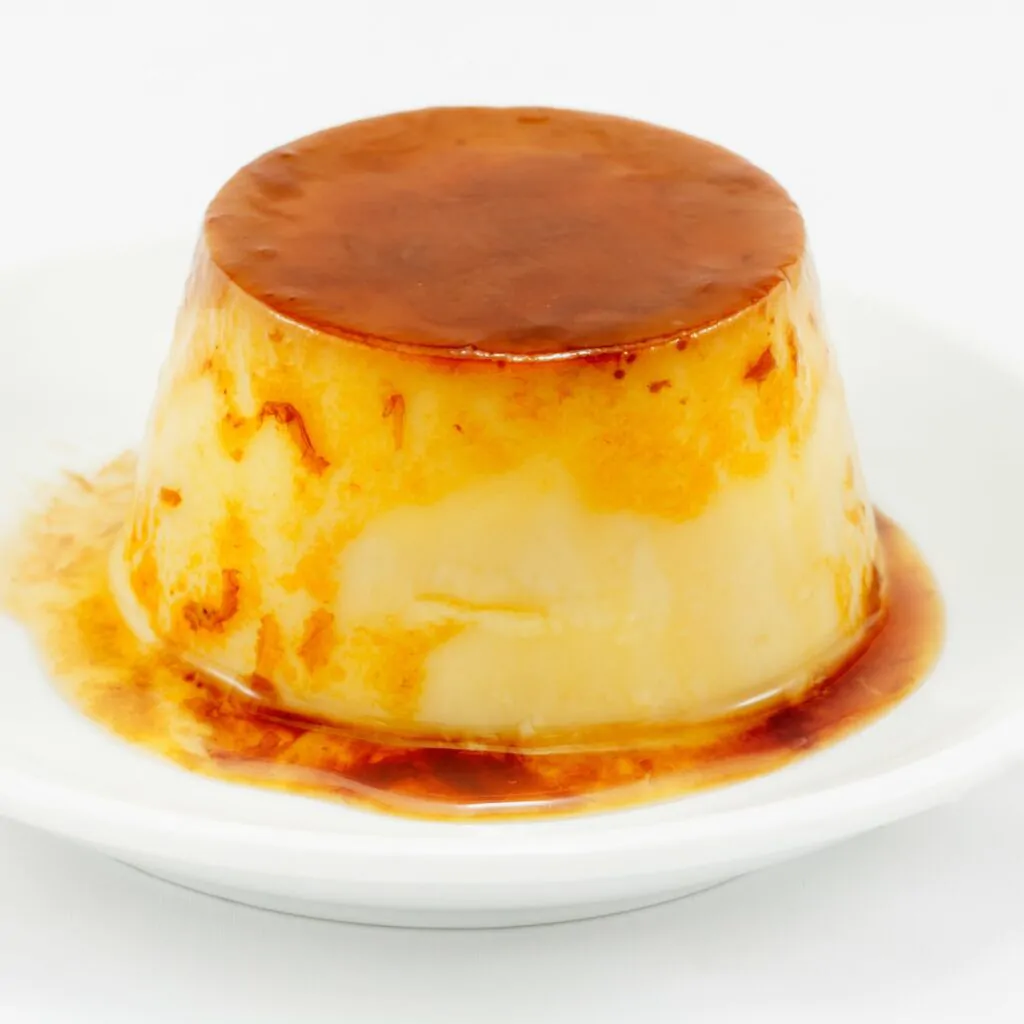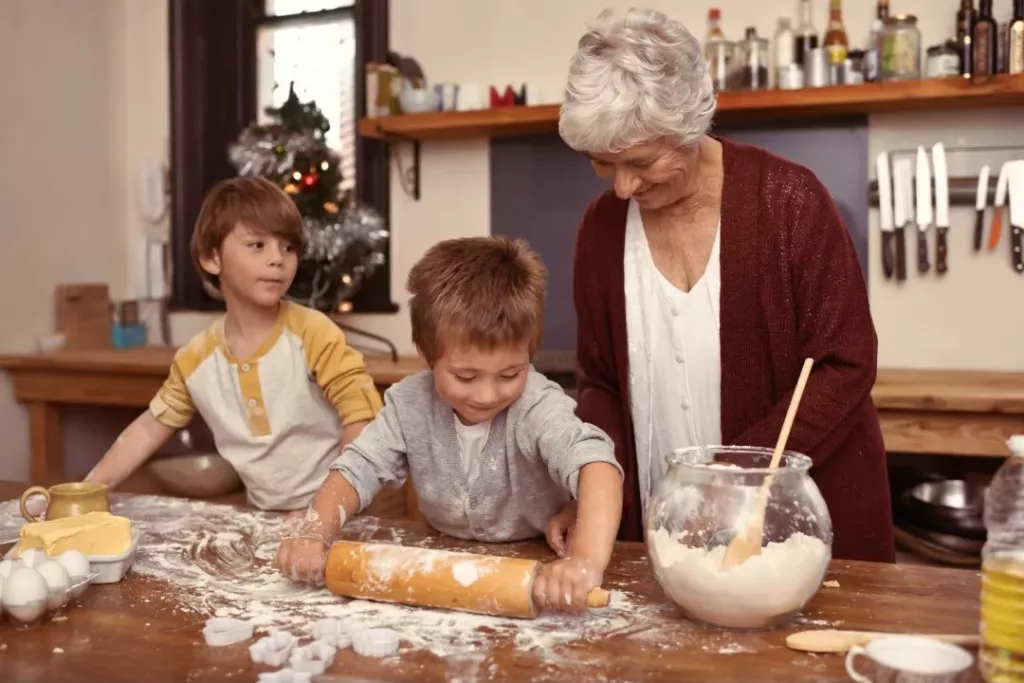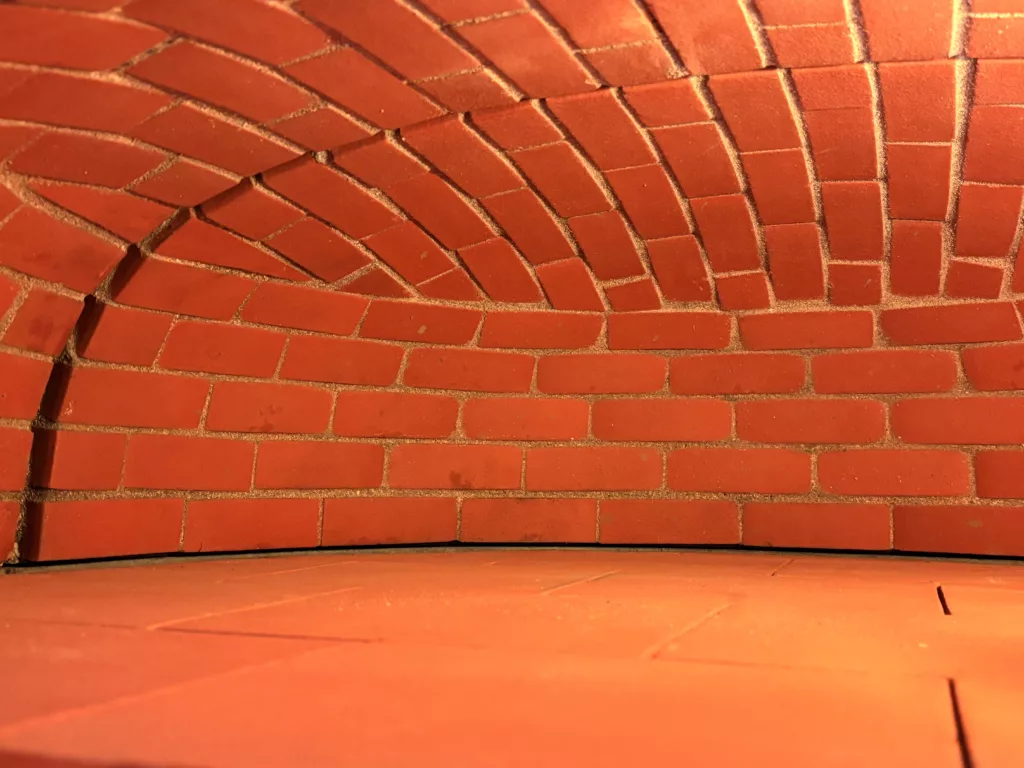Get ready to be amazed by some of Grandma’s never-before-seen tricks for unlocking the full potential of your wood-fired oven! Discover well-kept secrets on how to get to know and use your oven better, and become a true wood-fired cooking expert.
Read moreThe inside of the oven is self-cleaning.
If the cheese from pizza or sauce from roast spills onto the bottom tiles, it is sufficient to put some of the glowing coals on the spots. Within a few minutes they disappear and you can continue to cook.
Bricks at the oven entrance may get dirty from the smoke. You can clean them when the oven is cold with a wet sponge and a little dish soap.
It is essential to sweep the flue.
You can do this yourself or have it done by a company. Once a year is enough for a domestic use or twice a year for a professional use. The soot inside the oven burns off at a temperature of 270°C. Since the flue does not experience temperatures over 270°C where the soot is burned-off, regular cleaning and checking is important. Do check till the top of the chimney.
The quality of the wood used :
The quality of the wood has an essential role in the problem of soot. Freshly cut, wet wood should be avoided as it accelerates the accumulation of soot.
Weather exposure:
If the oven is outside all year, penetration of humidity must be avoided. The cladding must be treated with water repellents. At the end of the wet season, the oven must be heated slowly, just as for the first time after installation, in order to dry the whole construction. See the advice sheet on drying.
Maintenance of metal parts in the oven :
The metal parts (doors, ash tray, etc.) must be maintained regularly. A heat-resistant paint is best solution.
In these conditions, the wood-fired oven is a tool that will be with you for many years to come, and will also delight future generations.
